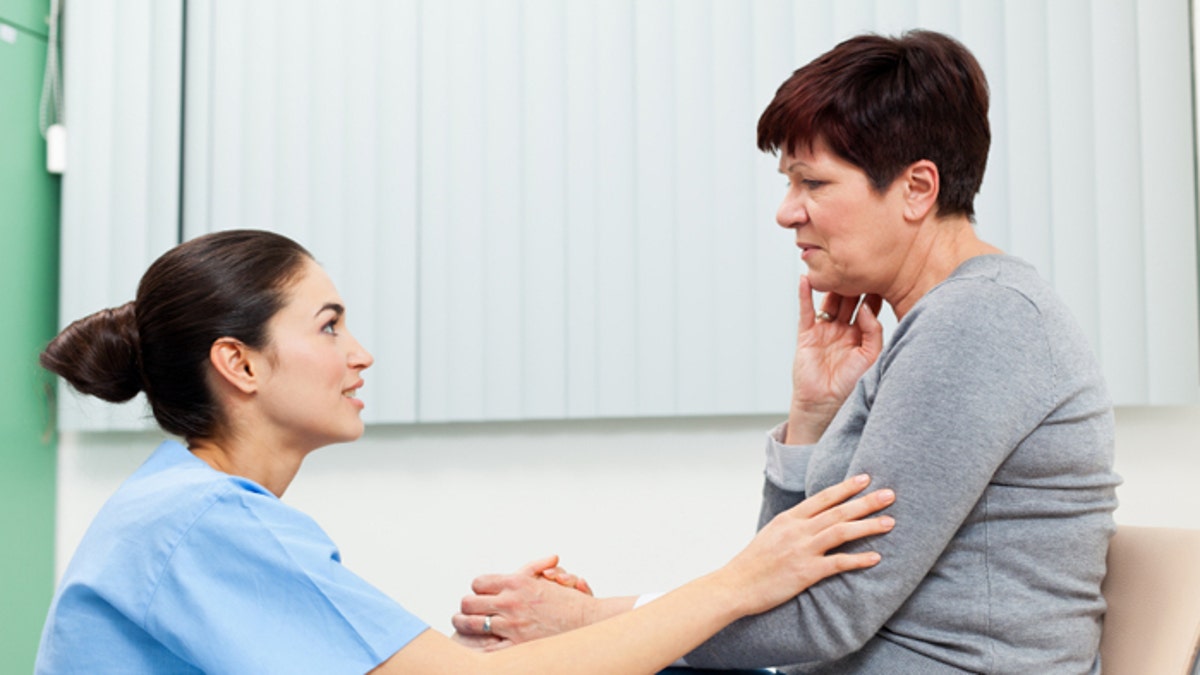
(www.webstrana.com)
We are living through what I believe is an epidemic in women’s health care. “Women’s issues” are light-years behind when it comes to research emphasis and dollars invested. The medical community just isn’t focused on our health and wellness.
Historically, I suppose that makes sense when you consider that for many generations, medicine was a man’s business. All the doctors were men, all the scientists were men and all the research study participants were men. They figured women were too delicate to participate in studies or wouldn’t risk trying new treatments during their childbearing years. So it follows that the emphasis was on men’s health care.
Just because we’re living in the 21st century doesn’t mean all that much has changed. It still costs more to include women in research trials because of the possibility that we will get pregnant and have to drop out. But how does that affect us when treatments are formulated on the body composition and weight of the average man – or when drug doses tested on men don’t take into account our smaller size or monthly hormone fluctuations?
I believe it is past time for women to catch up. To do that, we need a collective voice to get the researchers and doctors to sit up and pay attention to what we want and what we need.
The reason this is so important to me is because of my own personal experiences with my health. I became a health advocate to keep what happened to me from happening to other women. At age 42, a doctor told me I had to have a complete hysterectomy. I didn’t know any better so I had the surgery – and was immediately plunged into menopause. The glands that created my hormones were gone, and my body was in shock. I started having all kinds of crazy symptoms, and no one seemed to be able to help me.
That’s when I realized that the resources women need to understand and manage their own health just weren’t available. When I finally got my hormones regulated and my life back on track, I promised to find a way to help other women have a voice in their own health care. The result is my website EmpowHer.com .
I’m not saying EmpowHer is the ultimate medical source or that it can replace going to your doctor. That is absolutely not true. But it is a resource women can use to research health issues, ask questions about their health and make their opinions heard.
I think that last element is critical for the future of women’s health care. We need to stop being shy about asking for what we want, and we need a way to get the medical community to hear us. I feel very fortunate to be in a position to help make this happen.
I was honored early in March to be allowed to speak to the FDA on the importance of non-hormonal treatments for hot flashes. What I had to say to them was not just my opinion. My voice carried the weight of thousands of readers who responded to a poll conducted jointly on EmpowHer.com and HysterSisters.com. We didn’t get the FDA approval, but our opinions were still heard.
That to me is the key to the future of our success. Women need a collective voice to move our health care out of the dark ages and into the 21st century.
How can you be a part of that collective voice? State your opinions when you have the chance. For the FDA vote, we collected information using a poll on our website. It was not a gimmick to get readers to click to another page, but an honest effort to gather information on what women want for their health and wellness.
When you see a poll about women’s health and wellness, spend the few minutes it takes to let your voice be heard. I believe that by speaking together with one collective voice we will create movement in the direction women want to go. And that will be good for all of us.
Michelle King Robson (pronounced robe-son) is one of the nation's leading women's health and wellness advocates. She is the Founder, Chairperson and CEO of EmpowHER, one of the fastest-growing and largest social health companies dedicated exclusively to women's health and wellness. In 2011 EmpowHER reached more than 60 million women onsite and through syndication expects to reach more than 250 million in 2012.
